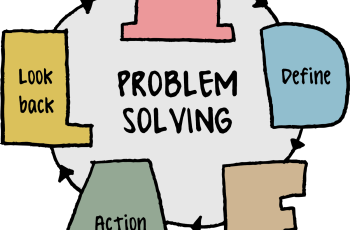Science Shows Three Reasons for Optimism
Optimism is the antidote for pessimism. There are three major advantages of having an optimistic mindset in the workplace and in life.
Mission and Vision Statements: A Big Mistake
How personal branding helps leaders expand and express their self awarenessDo not try to improve business development without asking this hard question
- Longer life span. Harvard researchers recently found that optimism and a longer life expectancy are linked. This means that optimists have a higher chance of living beyond the age 85. Women who are optimistic have a higher chance of living past 90, regardless of their race. According to other studies, optimists live longer and are happier than pessimists. Pessimists have more health complaints and adopt unhealthy habits. The positive outlook leads to lower stress levels and more stable cardiovascular systems as well as a stronger immune response. Scientists say that optimists have a biochemical response different from pessimists, which contributes to their longevity. When you focus on the negatives, your body releases a toxic cocktail made up of cortisol and adrenaline. When you focus on the positive, your body releases more positive hormones.
- A broader perspective on the world. Pessimistic thinking is narrow-minded. It “zooms-in” and obscures the big picture. Scientists have found that optimism expands our peripheral vision and allows us to zoom out. Optimism expands our perspective and unlocks resources that allow us to see the potential in any situation. We build blind spots of negativity when our perspective is narrowed (like a zoom lens on a camera). A larger perspective allows us see the blindspots that our zoom lens obscures.
- Career success. Optimists are more likely to achieve greater career success than pessimists. In one study, salespeople with an optimistic outlook were able to sell 37% more insurance during their first two-year tenure than those who had a pessimistic outlook. Why? You can limit your career opportunities when you over-focus and ruminate on what went wrong, who hurt or disappointed you. Recent research by the National Bureau of Economic Research showed that optimists had better results in their job searches than pessimists who had similar skills. Optimists are more likely to be offered a job quickly and spend less time searching for jobs during the process of looking for a job. They tend to be more selective and are more likely than others to get promoted.




